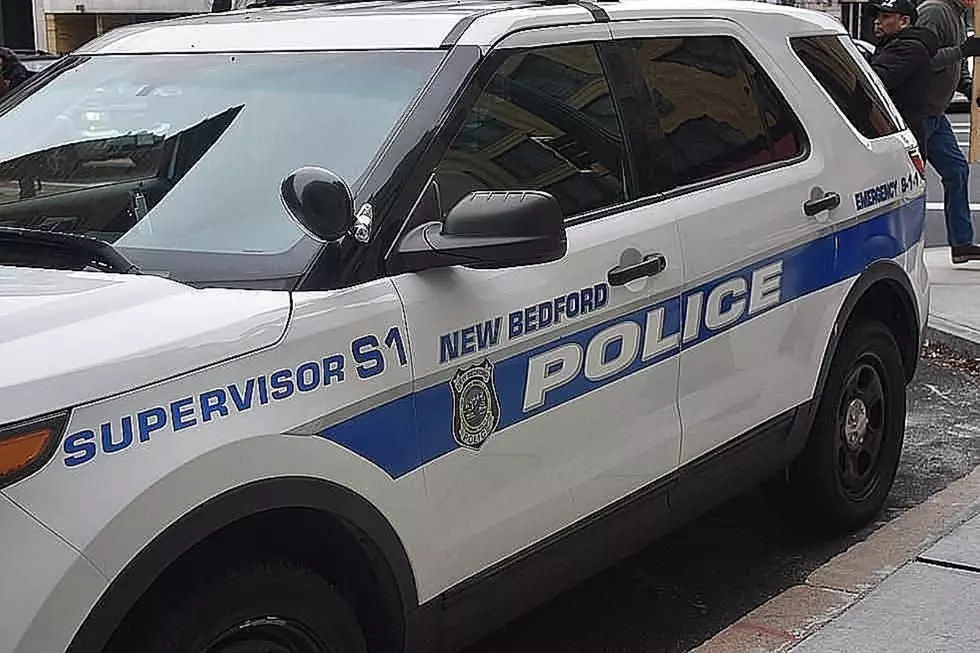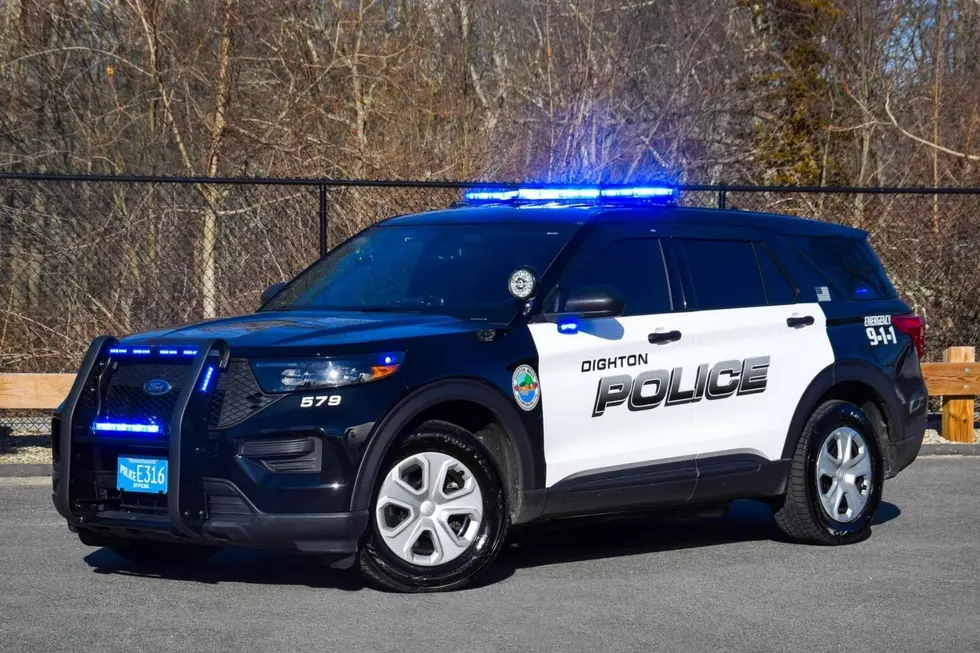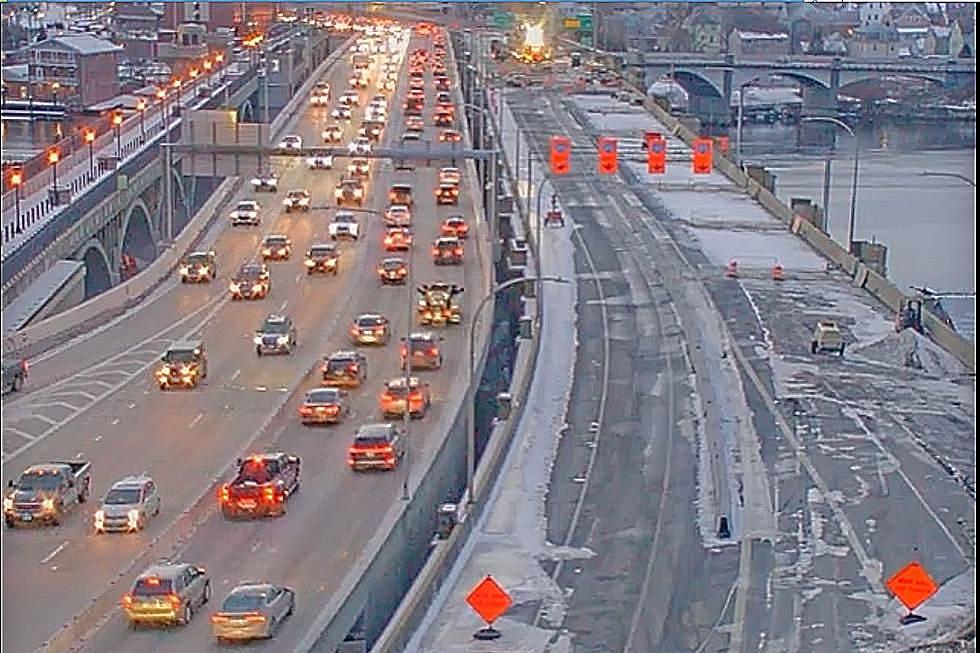![Plane Descending into Providence Hit by Lightning [PHIL-OSOPHY]](http://townsquare.media/site/518/files/2019/02/GettyImages-479740384.jpg?w=980&q=75)
Plane Descending into Providence Hit by Lightning [PHIL-OSOPHY]
A Southwest Airlines jet was hit by lightning as it started its descent into Providence from Ft. Lauderdale, Florida on Friday. It landed safely, thank goodness, but passengers got something to talk about.
Celeste and I are flying to Florida for our annual New Bedford Day broadcast, and any time we fly in storm clouds, we pull the shade over the window because it's a bit unnerving and disorienting.
The Providence flight was still quite high when it started coming down into darkened clouds and all of a sudden, passengers saw the bright flash from a bolt of lightning and heard a loud boom. It hit the craft, but none of the electronics or navigation instruments were affected.
It's frightening for sure and has some people asking: is it safe to fly in lightning? Aeronautics experts all agree the answer is a resounding yes, it's safe! Today's planes are actually designed to take lightning strikes.
Unlike years ago, technology has changed so much from December 8, 1963, when Pan-Am Flight 214—en route from San Juan, Puerto Rico, to Philadelphia with a stopover at the Baltimore/Washington International Airport—was struck, killing all 81 on board.
The last commercial plane crash in the U.S. confirmed to be directly caused by lightning was in 1967—52 years ago—when the plane's fuel tank exploded as a result of the strike. But since then, scientists and engineers have developed aircraft built to withstand lightning strikes. Worldwide, lightning strikes on commercial planes are daily occurrences. One passenger on the Providence flight said it was no big deal, and she hardly knew the lightning hit the plane until she heard about it on the news.
And since all commercial airlines are built to take lightning strikes without a problem, Celeste and I, well, I have no reservations about safely flying amidst the lightning bolts of the weather gods. For safety reasons, planes hit by lightning mid-flight undergo inspection after landing and in almost all the aircraft, either they are completely unharmed or sustain only minor damage.
So put your hearts at ease, ask for an extra bag of snacks, and just lower the window shade.
Phil Paleologos is the host of The Phil Paleologos Show on 1420 WBSM New Bedford. He can be heard weekdays from 6 a.m. to 10 a.m. Contact him at phil@wbsm.com and follow him on Twitter @PhilPaleologos. The opinions expressed in this commentary are solely those of the author.
More From WBSM-AM/AM 1420









